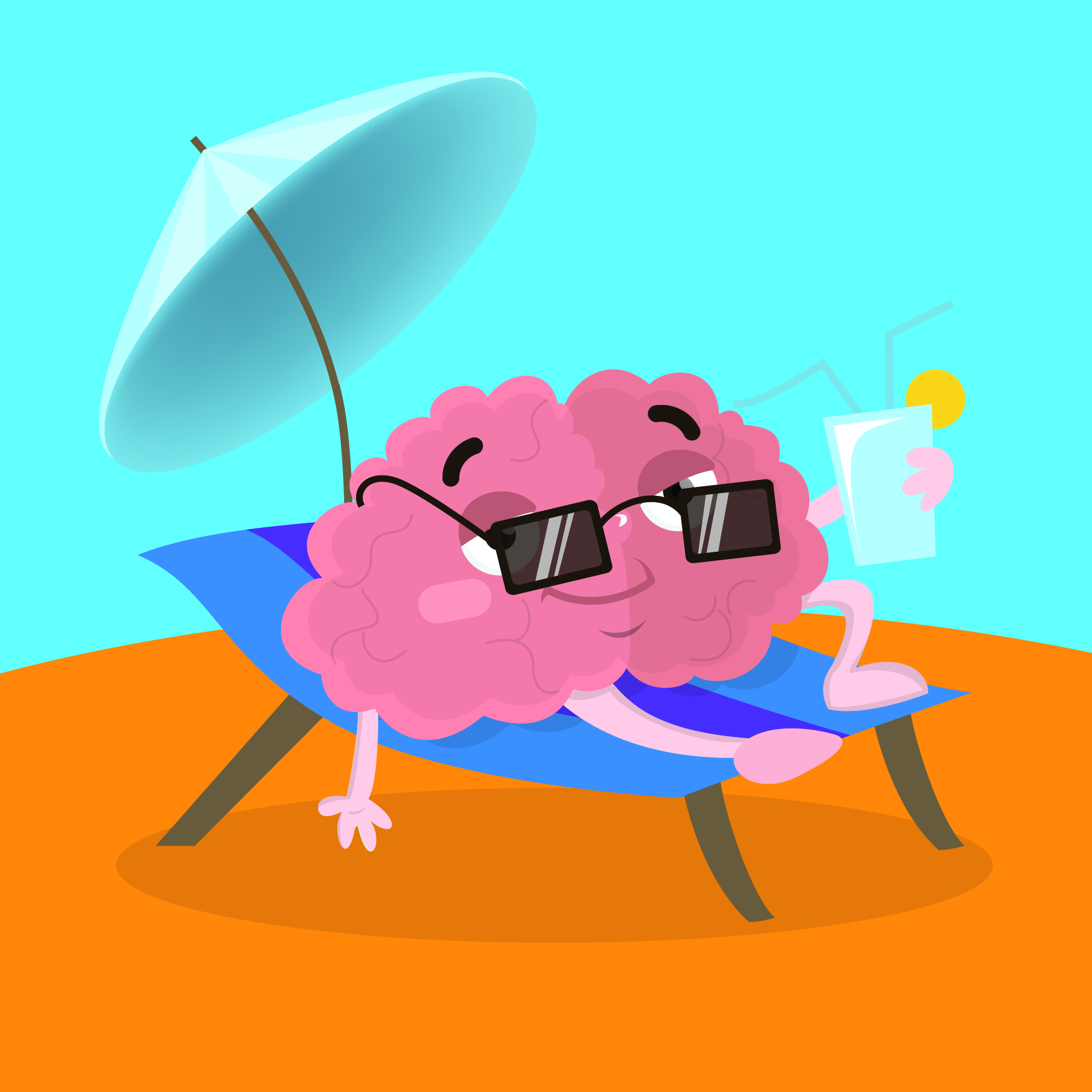By Ani Oganesyan OTR/L
What are brain breaks and why are they so important to an individual’s learning?
A brain break is a short, planned break from instructional teaching. It can consist of any activity different than the work time task itself. During this break, an individual has the opportunity to reset and refresh their mind. Time away from the task at hand helps with focus and production, providing the brain with time to consolidate and process new information.
Did you know that brain breaks can be just as important as the process of learning information?
When we are doing a task, energy and blood flow go to a specific area of the brain, such as the areas responsible for attention and critical thinking. By using a brain break, we can stimulate other areas of the brain. In doing so, we boost blood flow and increase oxygen to the rest of the brain, leading to overall better concentration.
Occasionally an activity can even be challenging and frustrating. By taking a well-timed break, we can reduce stress, avoid disruptive behavior, and sustain attention in the long run.
Contrary to popular belief, our brains are not turned off when we are taking breaks. Instead, our brains are busy processing memories and making sense of the information we just learned. Therefore, this brain break is an essential part of learning.
How should we incorporate brain breaks?
Aim for 3-5 minutes brain break after every 20 minutes, but you can make adjustments depending on your child and the task at hand. Maybe you want to give your child a break after he or she completes a certain task, or you want to provide a brain break the moment you notice his or her attention fading and frustration increasing. Either way, try to aim for a well-timed break before the child is bored or fatigued.
Each kid may prefer a different type of brain break, but here are several ideas:
- Dance break
- Yoga
- Balloon toss
- Deep breathing
- Sensory play
- Simon says
- Obstacle course
- Wiggling your body
- Animal walk
- Stretching
- Singing
- Listening to music
Although you will be taking a break from an activity, learning efficacy will increase, and the children will enjoy the activity even more!
Immordino-Yang, M. H., Christodoulou, J. A., & Singh, V. (2012). Rest Is Not Idleness: Implications of the Brain’s Default Mode for Human Development and Education. Perspectives on psychological science : a journal of the Association for Psychological Science, 7(4), 352–364. https://doi.org/10.1177/1745691612447308




